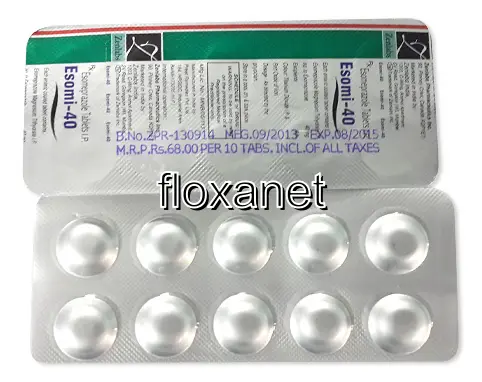| Package | Dosage | Price | Price per Dose | |
|---|---|---|---|---|
| Dosage: 20mg | ||||
| 360 pill | 20mg | $226.23 | $0.62 | |
| 270 pill | 20mg | $173.49 | $0.64 | |
| 180 pill | 20mg | $130.46 | $0.72 | |
| 120 pill | 20mg | $95.76 | $0.79 | |
| 90 pill | 20mg | $87.43 | $0.97 | |
| 60 pill | 20mg | $66.61 | $1.11 | |
| 30 pill | 20mg | $41.63 | $1.39 | |
| Dosage: 40mg | ||||
| 180 pill | 40mg | $167.39 | $0.93 | |
| 120 pill | 40mg | $117.97 | $0.99 | |
| 90 pill | 40mg | $106.86 | $1.19 | |
| 60 pill | 40mg | $77.71 | $1.29 | |
| 30 pill | 40mg | $48.57 | $1.62 | |

Nexium Description
Overview of Nexium
Nexium, known by its generic name esomeprazole, is a widely used medication in the United States for treating various stomach and esophageal issues. It belongs to the class of drugs called proton pump inhibitors (PPIs), which work by reducing the amount of stomach acid produced. This helps to alleviate symptoms related to acid reflux, gastroesophageal reflux disease (GERD), and similar conditions. Over the years, Nexium has gained a reputation for its effectiveness and relatively quick relief of symptoms.
How Does Nexium Work?
The primary action of Nexium is to block the proton pumps in the stomach lining. These pumps are responsible for secreting hydrochloric acid, which can cause discomfort and damage when produced in excess. By inhibiting these pumps, Nexium decreases stomach acid production, promoting healing of the esophagus and stomach lining. The medication is typically taken once daily, but the exact dosage depends on the severity of the condition being treated.
Benefits and Effectiveness
Many users in the U.S. report significant relief from frequent heartburn and acid reflux symptoms after starting Nexium. It is particularly effective for long-term management of GERD and for preventing ulcers caused by nonsteroidal anti-inflammatory drugs (NSAIDs). Its targeted mechanism offers rapid symptom control, often within a few days of initiation. For some, Nexium also plays a role in promoting healing of erosive esophagitis, helping to restore the health of the esophagus.
Potential Side Effects and Considerations
Though generally well tolerated, Nexium may cause side effects in some users. Common adverse effects include headaches, stomach pain, nausea, diarrhea, or constipation. Less frequently, some individuals might experience dizziness or allergic reactions. It’s important to consult a healthcare provider before starting Nexium, especially if you are pregnant, nursing, or taking other medications, as interactions can occur. Long-term use has been associated with potential risks such as vitamin B12 deficiency, calcium absorption issues, or increased susceptibility to certain infections.
Local Differences and Usage in the USA
In the United States, Nexium is available both by prescription and over-the-counter in lower dosages. Americans tend to use this medication as a quick solution for occasional reflux or for ongoing management of chronic conditions. Healthcare providers emphasize proper diagnosis and guidance to avoid unnecessary or prolonged use. Insurance plans often cover Nexium, making it accessible to a wide range of patients. As with other medications, it’s crucial to follow the prescribed dosage and report any unusual symptoms to your doctor promptly.
Customer Reviews and Real-World Feedback
Many patients in the U.S. have expressed satisfaction with Nexium, citing rapid relief from heartburn and improved quality of life. Some have noted that it effectively controls symptoms when other medications did not. However, others mention that they experienced mild side effects or had to switch to alternative treatments after long-term use. Overall, Nexium is considered a reliable option for managing acid-related conditions, but individual responses can vary. Consulting with a healthcare professional can help tailor the treatment plan to your specific needs.